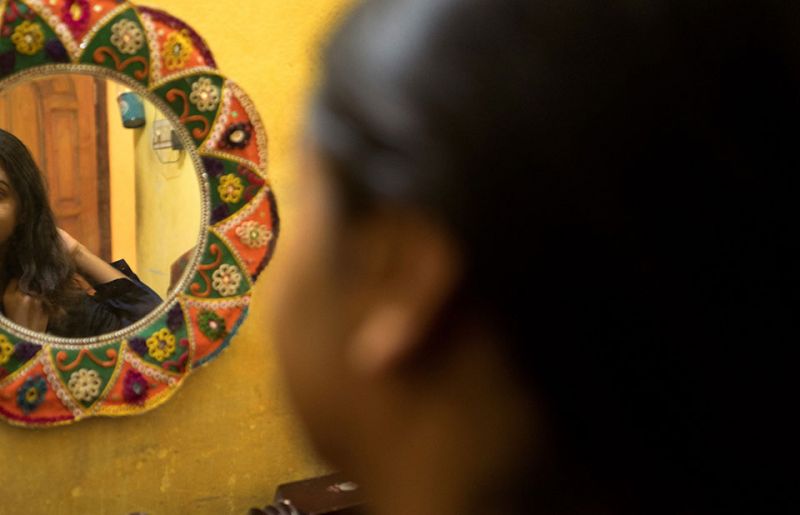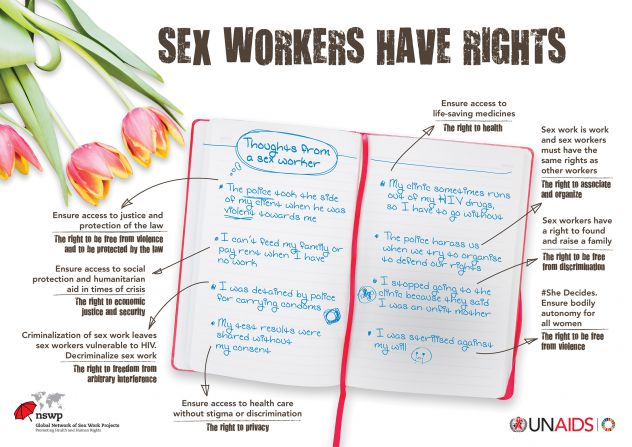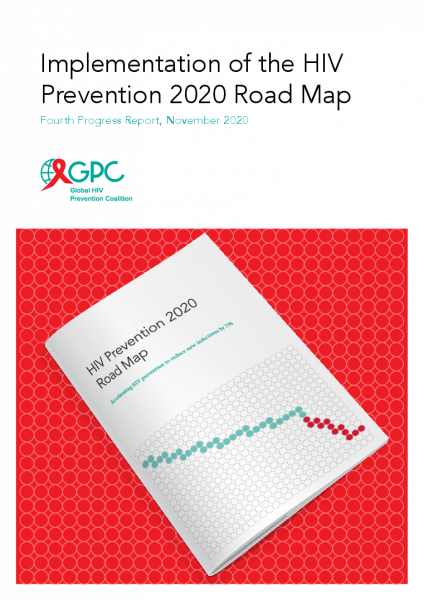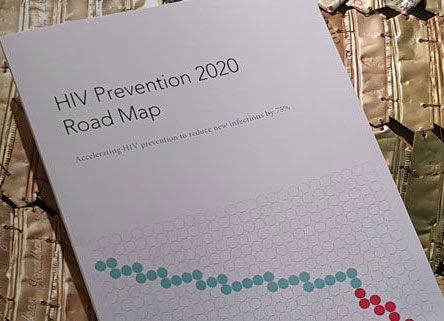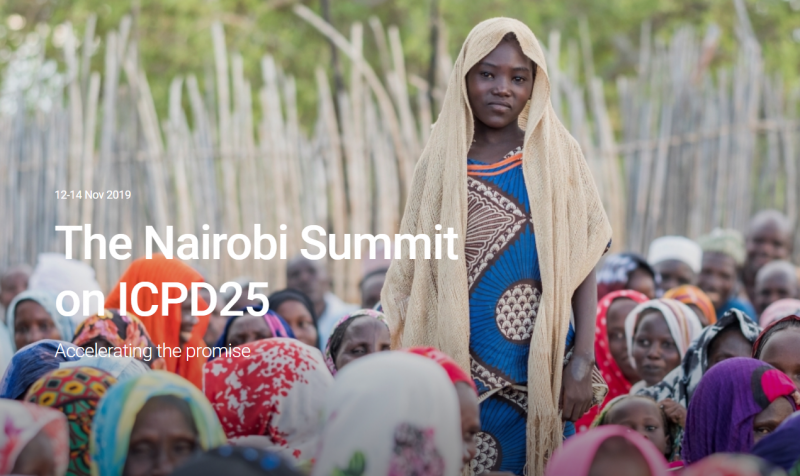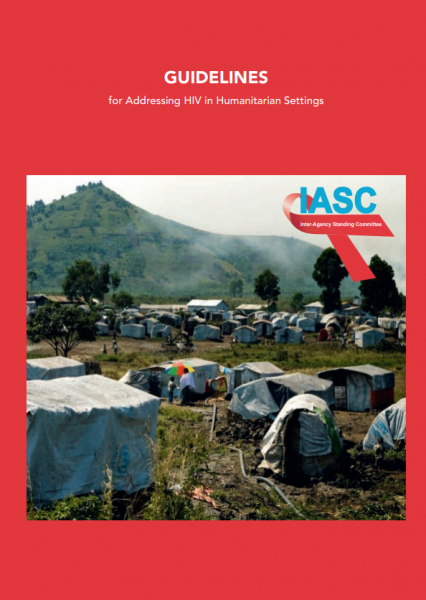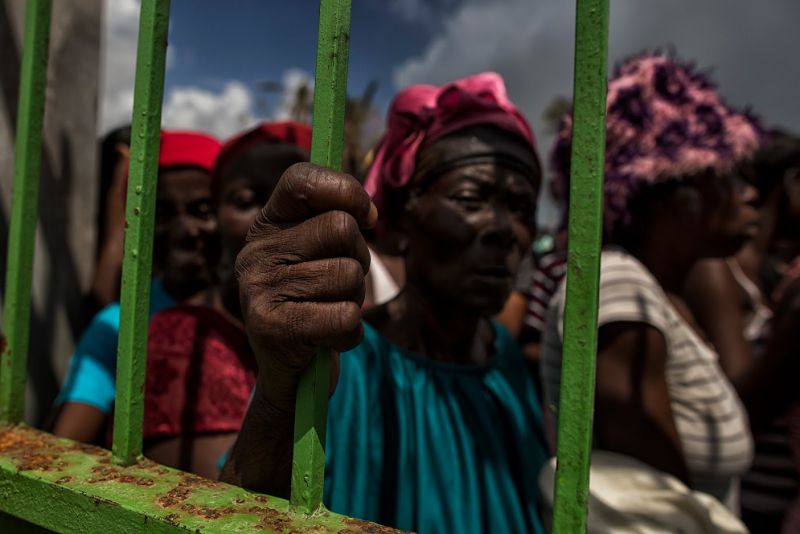When Cyclone Idai hit Mozambique and the eastern part of Zimbabwe in mid-March, it couldn’t have come at a worse time. A month earlier, Zimbabwe had issued an emergency appeal for some 5.3 million people affected by an ongoing economic crisis, and limited rainfall had ruined crops. The sudden pounding rain and wind threw everything into chaos. Three hundred people died, hundreds disappeared and 40 000 lost their homes. Food insecurity plus a lack of basic services, including health care, skyrocketed in the hardest hit province of Manicaland.
For Mumtaz Mia, the UNAIDS Acting Country Director in Zimbabwe at the time, the most pressing issue was to ensure that people living with HIV, including pregnant women enrolled in prevention of mother-to-child transmission of HIV programmes, could access HIV treatment.
“In Zimbabwe, where emergencies are not a new phenomenon, people living with HIV were left stranded when their medicine got washed away,” she said.
For her, preparedness is key. “For the AIDS response, we must anticipate any disruptions to services that emergencies bring.”
Born in Malawi, Ms Mia has dealt with droughts and floods throughout eastern and southern Africa. She also spent some time in Kenya dealing with post-election conflict and worked five years in South Sudan for UNAIDS before her stint in Zimbabwe.
She recounted that the UNAIDS country office met with the government, civil society, donors and other key stakeholders to discuss immediate action. Quickly, they made sure that HIV-specific needs were integrated in the emergency response. That meant coordinating, with UNAIDS Cosponsors, the Ministry of Health and Child Care and the National AIDS Council, to ensure the distribution of antiretroviral therapy and condoms, food support for people living with HIV and safe deliveries for pregnant women. They also set up assessments to address additional health and HIV needs following the disaster.
Almost 150 000 people living with HIV were in the cyclone-affected districts, and about 83% of them were accessing antiretroviral therapy. Most of them experienced a disruption of treatment during the crisis.
“Without a clear plan and instructions on action that needs to be taken in an emergency, precious days and weeks can be wasted trying to figure out what to do,” Ms Mia said.
She also believes that interagency contingency plans with specific tasks assigned to each agency to be taken in the event of an emergency would help action to be taken more quickly. “Using simple and clear guidance on the actions required by UNAIDS in emergency situations and the impact they can have on HIV are critical to guide country offices and managers,” she said, adding that “It’s important to earmark financial resources so that you can access and use the money right away.”
She practises yoga to help cope in times of stress and praises her supportive husband. “We try to have a semblance of a normal life at home during chaotic times,” she said, although she admits that often it is not easy. Throughout, she focuses on the people that needed her help. “I leave my door open, I listen to their stories and that gives me perspective to forge ahead.” That’s why she reiterated that in time of need, you cannot let people down. “Speed is of the essence.”
The UNAIDS Country Director for the Bolivarian Republic of Venezuela, Regina Lopez de Khalek, agrees. “In a humanitarian emergency, you have to act really quick in order to save lives, which means reinventing your everyday tasks to focus solely on the crisis,” she said.
In her case, she is dealing with the impact on people living or affected with HIV, of a political and economic crisis that affects more than 80% of the population. Inflation in the Bolivarian Republic of Venezuela has exploded, making basic food items beyond reach. Shortages have plagued the country, and medicine is no exception. Since May 2019, the country has recognized that there are some “humanitarian needs”, facilitating the delivery of medicine and rapid HIV and syphilis tests. With the help of international nongovernmental organizations, almost 60 tonnes of life-saving medicine have been delivered to the country. UNAIDS also worked for the country to receive emergency funds from partner organisations.
More recently, UNAIDS, the United Nations Population Fund and the Office of the United Nations High Commissioner for Refugees have jointly focused efforts to help people affected by stigma, discrimination and sexual violence. This included distributing post-exposure preventive kits, an emergency medical response for people exposed to HIV, to health services and introducing HIV tests to maternity units, as well as supporting civil society.
For Ms Lopez de Khalek, working jointly with other United Nations agencies and partners on the ground makes all the difference. “Not only does working hand in hand make sense, but it allows the AIDS response to stay relevant in a humanitarian situation,” she explained.
She recommends following the Inter-Agency Standing Committee HIV Task Force in Humanitarian Settings guidelines, but not to overlook the local and national context. “Know and understand the situation of the country you are in,” she said, “because although emergencies may seem equal, each crisis takes on the particularities of the country in which they occur.” And be proactive. “Act accordingly in advance, so that you are not just reacting,” she said. In her mind, it’s key to set up relationships, collaborate and engage with others and build a comprehensive response so that in the event of an emergency you and the people you are there to help are not left behind.
Simone Salem echoes that sentiment. “The key asset that helped me to respond to emergencies has always been the number of contacts I had across the countries as well as good relations with key people who were able to help,” the UNAIDS Community Mobilization Adviser in the Middle East and North Africa region said.
She added that when you start acting and giving concrete help, people will trust you and seek your support.
Ms Salem describes her work in Iraq, Libya and the Syrian Arab Republic as life-changing. “With each person I help, I realize the importance of my job and how crucial it is to always be alert to people’s needs,” the Egyptian said.
Recently, she helped people migrating or fleeing their homes to access HIV treatment and counselling. With the help of activists and regional networks, she supported the evacuation of lesbian, gay, bisexual and transgender (LGBT) people who had been targets of violence.
In times of crisis, she admires the solidarity that sprouts up at all levels. For example, Tunisians recently offered to give surplus HIV treatment to Libyans. The same occurred at the height of the Syrian conflict, with Lebanese people donating medicine.
Over time, she has become a much better decision-maker. Her secret? “Listen to what is said and also what is not being said, when analysing complex situations,” Ms Salem explained.
In her mind, it’s not a question of gender but of personality, although she said that women and vulnerable people she worked with came to her because they felt that she may be more supportive. The only regret she has is when she cannot help someone. “That’s very hard.”
Using her heart is how she explained she listened to people. When young LGBT people came to her saying that her comforting words had given them hope, she was touched.
“That was so precious to me and really keeps me going," Ms Salem said. “I push and push so that people are treated fairly and with compassion.”



